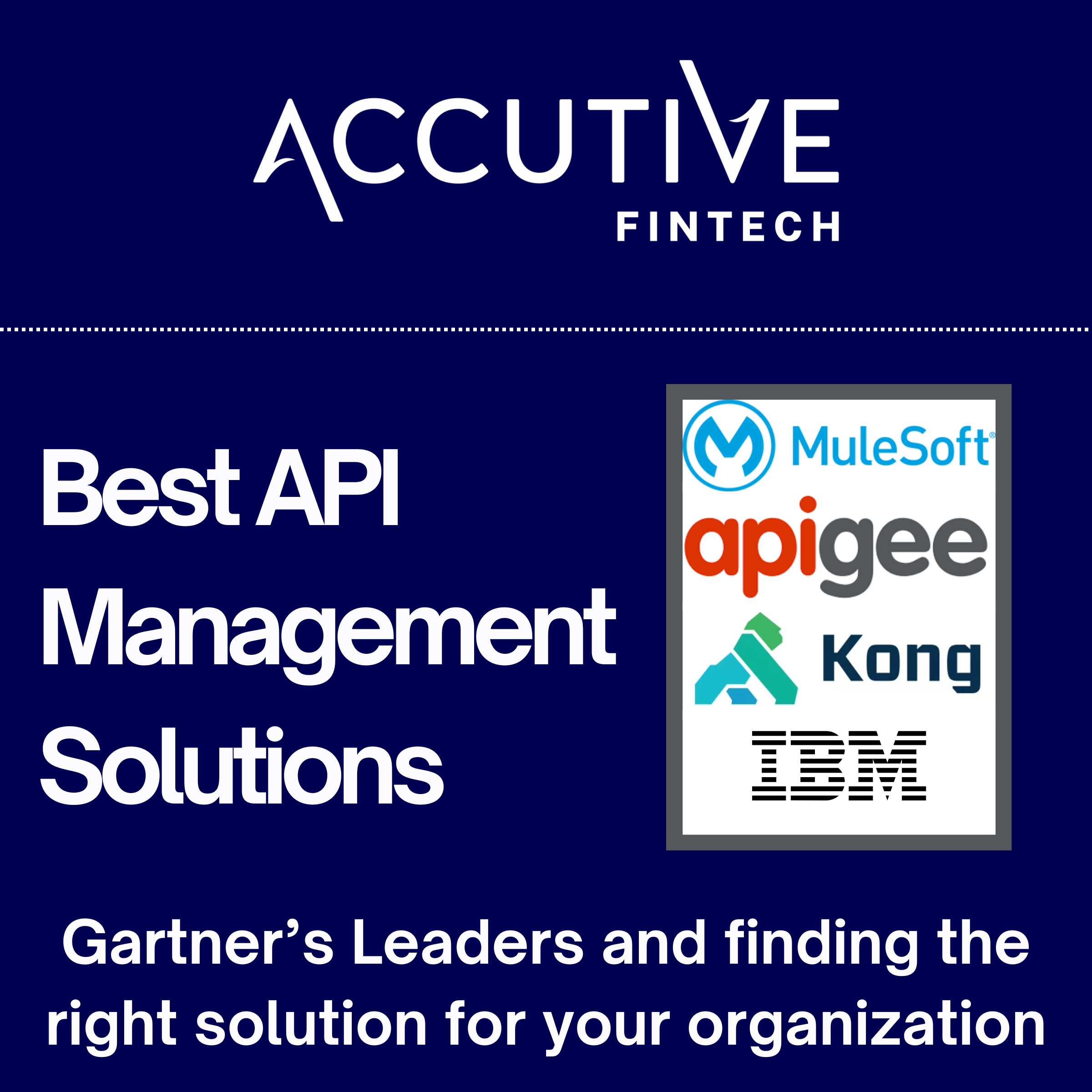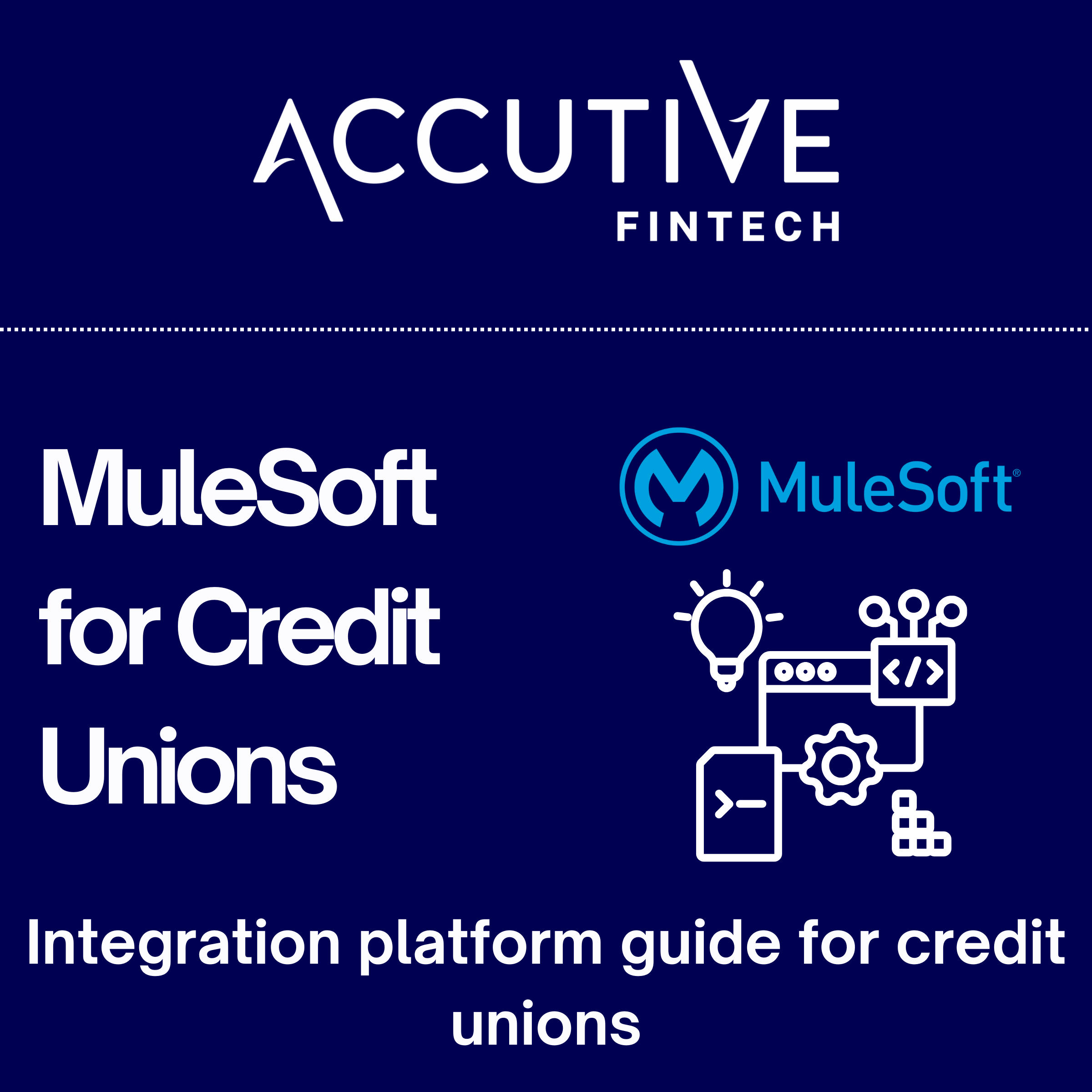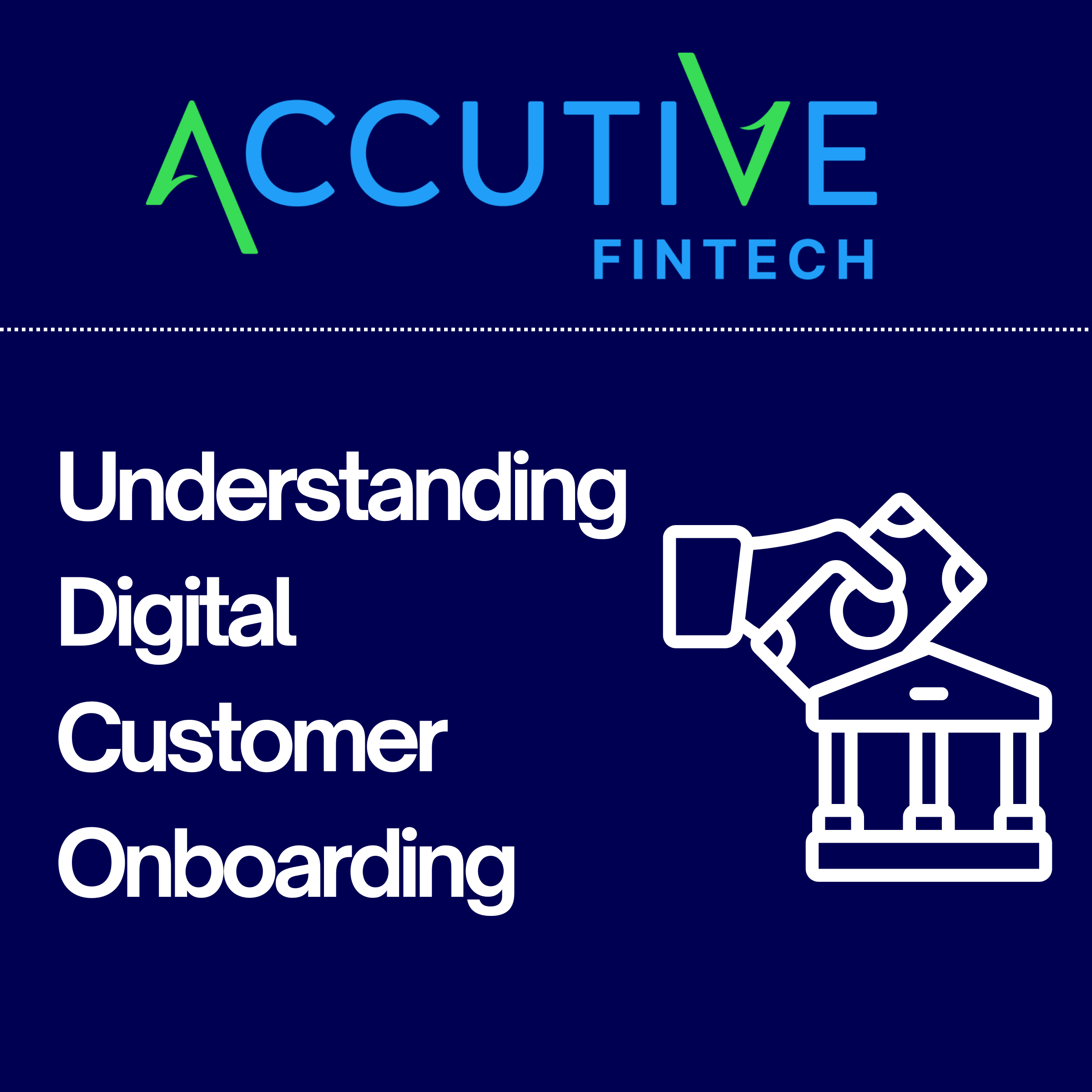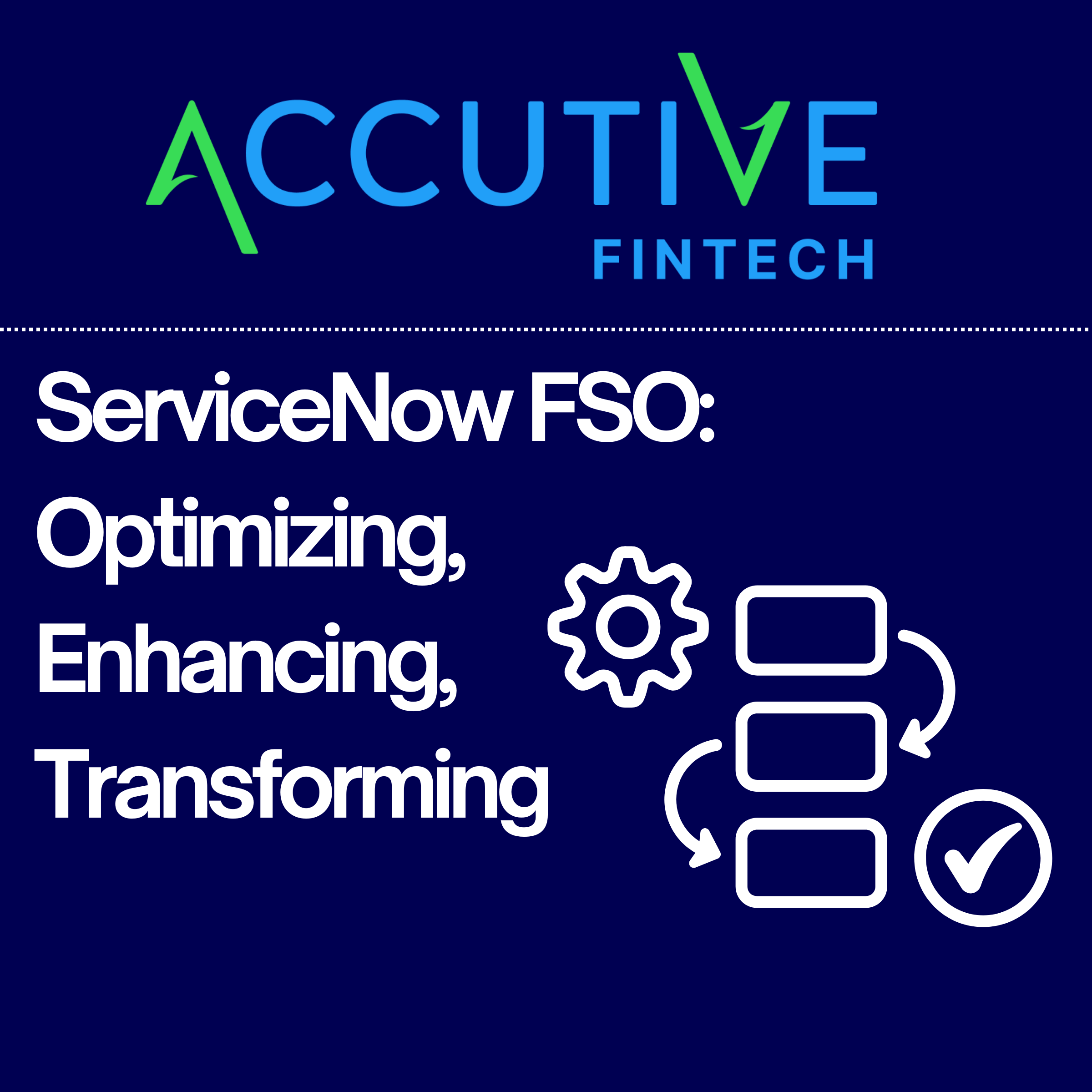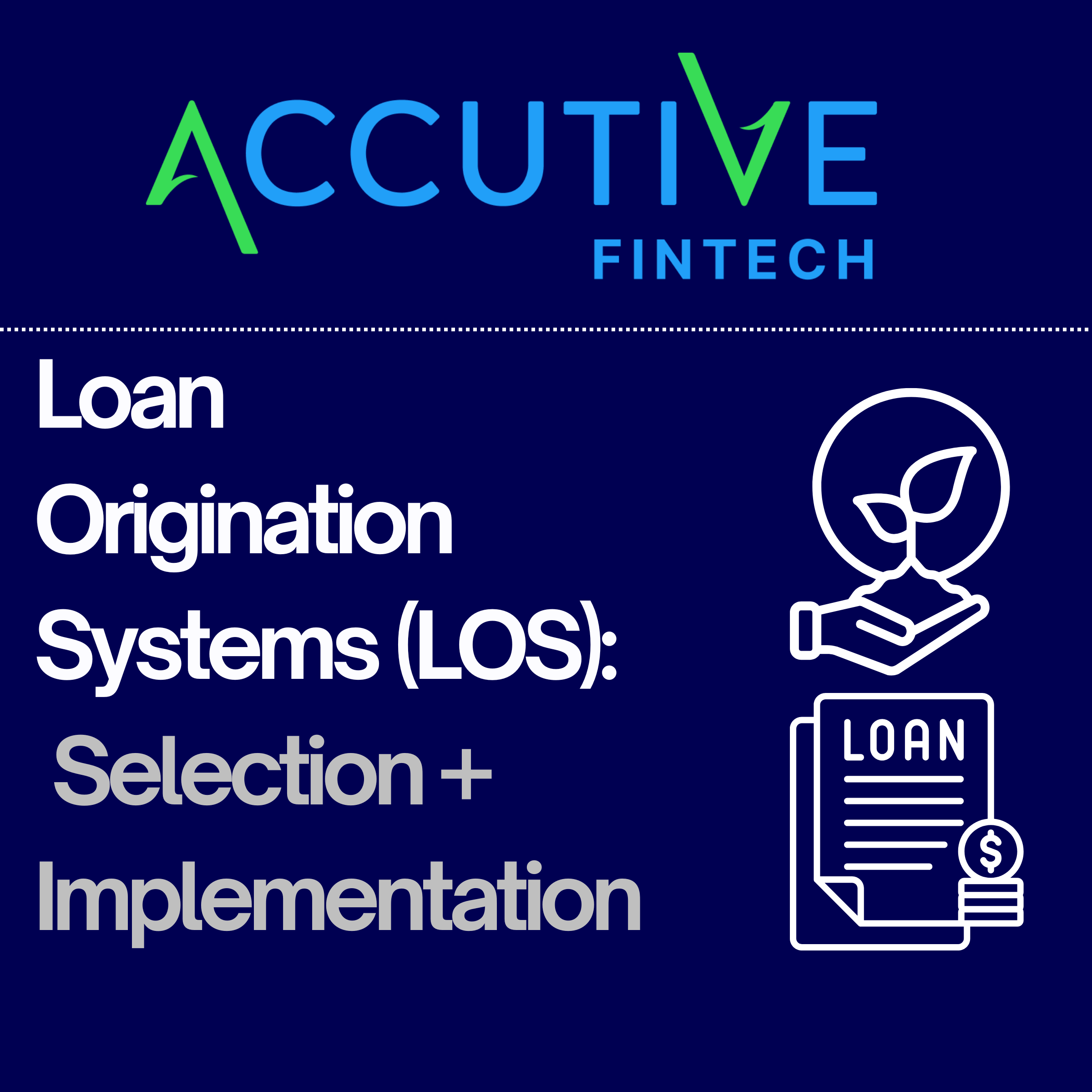API management has become essential for modern digital infrastructure, enabling seamless communication and integration between applications, services, and systems. This is especially true for financial institutions, where secure and efficient data exchange is paramount. Gartner’s 2024 Magic Quadrant for API Management identifies the leading vendors empowering organizations to leverage APIs effectively. This article explores the importance of API management, analyzes Gartner’s top-rated solutions, and outlines key considerations when choosing your API Management platform.
What is API Management?
API management encompasses the tools, policies, and protocols necessary to control and secure APIs. Key components include:
- API Gateways: These act as intermediaries between API consumers and providers, enforcing security policies, managing traffic, and preventing overload. They can be implemented in various ways, from simple reverse proxies to sophisticated systems with load balancing and caching capabilities.
- Developer Portals: Centralized hubs providing developers with the resources they need to discover, understand, and utilize APIs. This fosters collaboration and streamlines API adoption.
- Policy Enforcement: Tools to define and enforce rules governing API usage, such as rate limiting, access control, and data transformation.
- Analytics: Mechanisms for monitoring API performance, usage patterns, and potential issues. This data is crucial for optimization and troubleshooting.
These components provide organizations with granular control over their APIs, enabling them to monitor performance, enforce security, and streamline API lifecycles. Effective API management is fundamental for organizations adopting agile, cloud-based, and microservices architectures.
Why is API Management Important?
Digital transformation is accelerating, and businesses rely heavily on APIs to:
- Integrate legacy systems with modern platforms: APIs bridge the gap between older technologies and newer applications, ensuring data can flow seamlessly across the organization.
- Collaborate with partners: APIs enable secure data sharing with external partners, facilitating new business models and revenue streams.
- Securely connect all your systems and applications: Seamlessly integrate your disparate systems for enhanced digital customer experiences, improved
- Create innovative services: APIs are the building blocks for new customer-facing applications and services, driving digital innovation.
Effective API management reduces operational complexity, strengthens security, and ensures regulatory compliance, which is critical for industries like financial services, healthcare, and telecommunications. By managing APIs efficiently, organizations can ensure consistent service quality, maintain robust security, and accelerate time-to-market for new products.
How Does Gartner Assess API Management?
Gartner’s Magic Quadrant maps leading API Management providers on a chart with the two axes being Completeness of Vision and Ability to Execute. Completeness of Vision refers to the vendor’s understanding of market trends, their innovation strategy, and how well their product roadmap aligns with future needs. Ability to Execute encompasses factors like the vendor’s financial viability, product quality, customer experience, and sales effectiveness. These two dimensions help position vendors within the four quadrants of the Magic Quadrant: Leaders, Challengers, Visionaries, and Niche Players. The Gartner API Management Leaders are those vendors that Gartner deems to strong in both completeness of vision and ability to execute.
Leaders for Gartner API Management
Gartner’s Magic Quadrant for API Management in 2024 highlights several leaders that excel in providing robust and comprehensive API management solutions. Here’s an overview of each Gartner Leader for API Management, including their strengths, potential areas for improvement, and financial services considerations.
| Vendor | Strengths | Weaknesses | Financial Services Considerations |
|---|---|---|---|
| Google Cloud (Apigee) | Advanced security and traffic management with AI-driven anomaly detection. Strong scalability and hybrid deployment support. | Emphasis on Apigee X (SaaS) may not suit all users. Relatively high pricing. | Good for large institutions with complex needs and Google Cloud integration. |
| IBM (API Connect) | Flexible deployment (SaaS, on-premises, hybrid). Robust API design, testing, and productization features. Enhanced security with Noname Security acquisition. Integrated GraphQL support. | Potential product roadmap complications due to Software AG acquisition. Complex deployment and upgrades. | Strong option for large banks with complex integration requirements, especially those leveraging IBM’s broader ecosystem. |
| Axway (Amplify) | Comprehensive distributed API management. Strong discovery, subscription, and traceability features. Supports third-party APIs. | Limited developer mindshare. Primarily on-premises customer base. Potential limitations in local support outside Europe and the Americas. | Suitable for large institutions with complex hybrid environments, but may require careful evaluation of cloud strategy and local support. |
| Salesforce (MuleSoft) | Combines API management with integration and automation. Seamless Salesforce CRM integration. Strong market share and extensive compliance support. | Premium pricing, though consumption-based options are available. | Excellent choice for financial institutions due to Salesforce CRM alignment, robust compliance capabilities, and focus on integration and automation. |
| Kong (Konnect) | Flexible, developer-friendly platform with a feature-rich API gateway. Strong support for cloud-native architectures. Innovative AI Gateway for LLMs. | High cost with separate charges for additional features. Lack of vertical-specific solutions. | Good for institutions with strong developer-centric cultures and cloud-native deployments. May require customization for financial services specific needs. |
| Gravitee.io | Extensive features for multi-protocol API management and event-driven architectures. Flexible open-source and commercial offerings. | Limited brand recognition and marketing presence. Lack of industry-specific accelerators. | May be suitable for institutions with event-driven architectures, but requires careful evaluation of support and industry-specific needs. |
| SmartBear (API Hub) | Consolidates open-source and proprietary tools (SwaggerHub, ReadyAPI) for full API lifecycle management. Strong developer experience. Innovative features like Arazzo Specification. | Focus on open-source integration may not suit all organizations. Limited regional operations. | Good for developer-focused teams leveraging open-source tools, but may require assessment of regional support and integration. |
Who was Gartner’s Top Magic Quadrant Pick for API Management?
The best API Management tool for your needs depends on your industry, organization size, budget, and requirements. Gartner’s highest overall rating went to Google Cloud’s Apigee, a long time player in the API Management space. Apigee scored highly in both completeness of vision (2nd overall) and ability to execute (1st overall). Despite this, Apigee may not be the best choice for all organizations, particularly those who do not use Google Cloud or any Google platforms. The leader for completeness of vision was Kong, a cloud-native leader with a developer-friendly platform. Unfortunately, Kong does not have a preconfigured solution specific to the financial services industry.
Beyond the Leaders:
While the Magic Quadrant Leaders offer compelling solutions, it’s worth considering other players:
- Well-Known Challengers: Industry giants SAP, AWS and Microsoft are all challengers in the API Management space. Although their vision is less complete than Gartner’s leaders, they may be worth considering if your organization is heavily invested into SAP, AWS or Microsoft platforms.
- Open Source: Tyk provides robust open-source API management platforms, offering cost-effective alternatives for organizations with the technical expertise to manage them.
- Niche Players: Vendors like Boomi and Software AG (now part of IBM) cater to specific needs and industries. In particular, Boomi has a sizable market share among smaller financial institutions.
API Management in Financial Services: Key Considerations
For financial institutions, choosing the right API management solution requires careful evaluation of the following:
- Regulatory Compliance: The platform must support compliance with industry regulations like PSD2 (Open Banking), GDPR, CCPA, and other data privacy laws.
- Security: Robust security features are crucial for protecting sensitive financial data. Look for capabilities like strong authentication (OAuth 2.0, API keys), authorization, encryption, threat protection, and vulnerability management.
- Integration with Existing Systems: Seamless integration with core banking systems, CRM platforms (like Salesforce), and other critical applications is essential for efficient operations.
- Data Privacy: Ensure the platform provides robust data masking, anonymization, and access control features to safeguard customer information.
- Scalability and Performance: The solution must handle the high transaction volumes and performance demands of financial operations.
Use Cases in Financial Services:
API management plays a vital role in various financial services use cases:
- Open Banking: Enabling secure data sharing between banks and third-party providers to facilitate innovative financial services.
- Mobile Payments: Securing and managing APIs for mobile banking and payment applications.
- Fraud Detection: Utilizing APIs to integrate real-time fraud detection and prevention systems.
- Customer Onboarding: Streamlining customer onboarding processes on platforms such as Temenos Journey Manager through API-driven identity verification and data collection.
Ecosystem Considerations for API Management
Selecting the right API management tool involves examining the broader ecosystem needs of the organization, especially when managing multiple cloud platforms, compliance requirements, and specific industry standards. As mentioned above, API Management solutions outside of the Gartner Leaders category may make sense given the architecture of your network. For example, SAP, AWS and Microsoft all offer compelling API Management solutions for organizations invested in their ecosystems. For financial services organizations, factors like regulatory compliance, data privacy, and integration with existing systems, such as CRMs, are crucial.
Best Option for Financial Institutions
For financial institutions, Salesforce’s MuleSoft is particularly suited due to its alignment with Salesforce CRM and support for financial industry compliance requirements. MuleSoft’s Anypoint Platform combines comprehensive API management capabilities with integration and automation, offering robust tools for managing data flows, compliance needs, and client interactions seamlessly within the financial services ecosystem. MuleSoft reaches far beyond API Management, providing a complete Integration Platform as a Service (iPaaS) with robotic process automation (RPA) capabilities to seamlessly connect and optimize all of your systems and applications.
Choosing the right API Management Platform starts with an Integration Assessment
Before selecting an API management platform, financial institutions should conduct a thorough assessment of your APIs, integrations, and management approach.
- Analyzing existing systems and APIs: Identify current API usage, integration points, and potential challenges.
- Defining business objectives: Clarify how API management will support business goals, such as improving customer experience, increasing efficiency, or expanding into new markets.
- Evaluating security and compliance requirements: Determine specific security and compliance needs based on industry regulations and internal policies.
- Assessing potential vendors: Compare solutions based on features, pricing, support, and alignment with business requirements.
Some of the Key Questions we Ask during API Management Assessments:
- What are your current API needs and how are they likely to evolve?
- What are your most critical security and compliance requirements?
- Do you need a solution that integrates with specific CRM or core banking systems?
- What is your approach to API Governance and do you have standards in place?
- What level of scalability and performance do you require?
- What is your budget and preferred pricing model?
Accutive FinTech works with financial institutions of all sizes to perform health checks and assessments of their integration platforms, including API management, governance and best practices.
